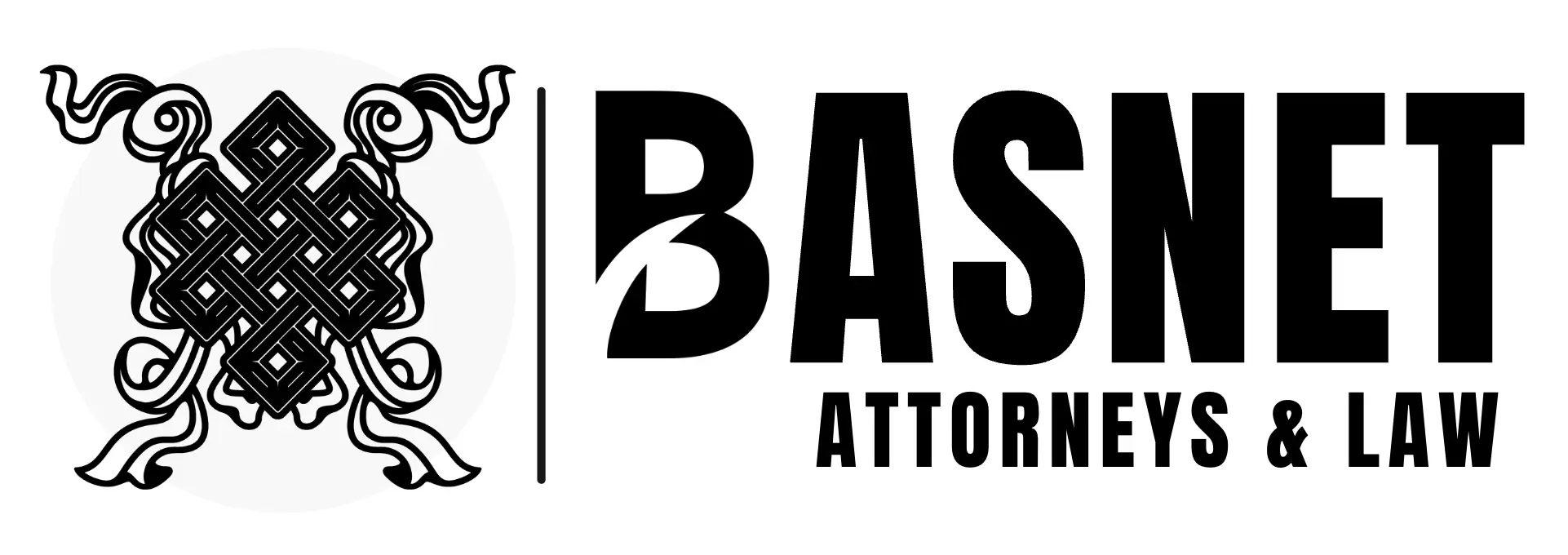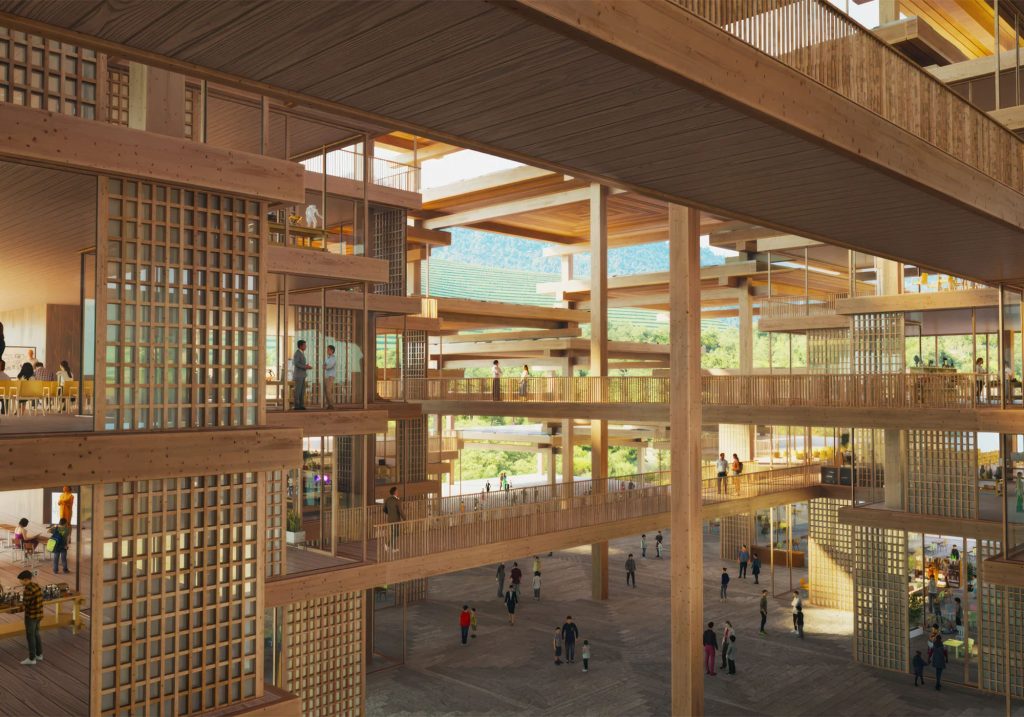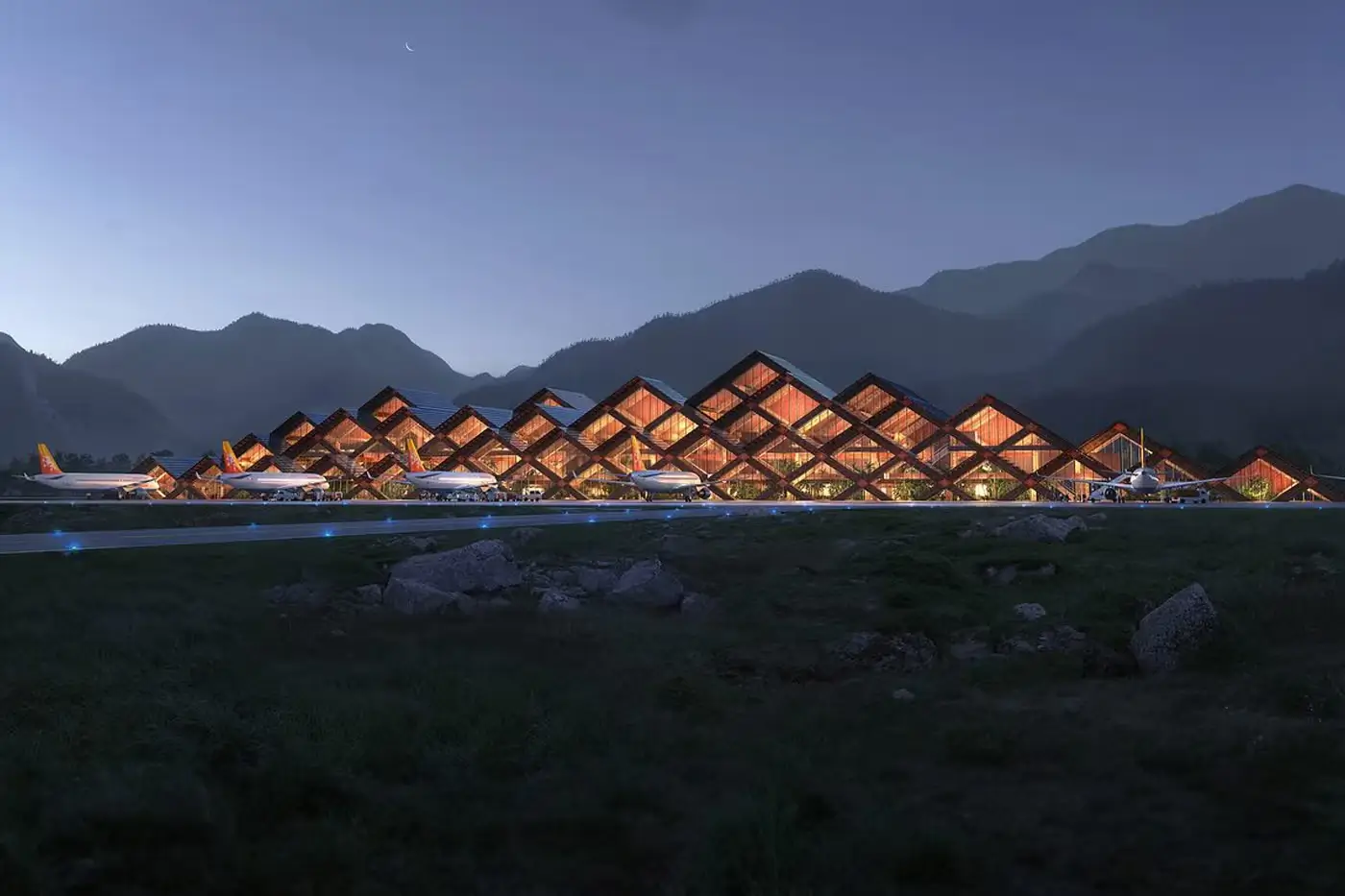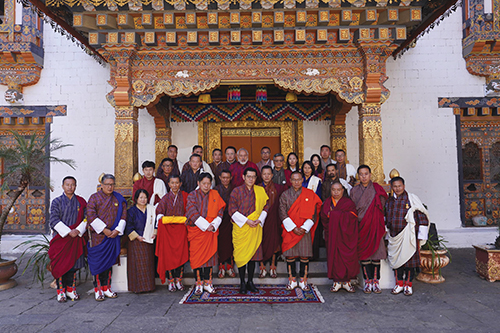In the rapidly evolving landscape of global investment opportunities, Bhutan's Gelephu Mindfulness City (GMC) stands out as a unique and promising frontier. This comprehensive guide aims to provide international investors with detailed insights into the vision, structure, opportunities, and processes associated with investing in this groundbreaking development. As GMC positions itself as a bridge between South and Southeast Asia's booming economies, understanding its distinctive investment ecosystem becomes essential for forward-thinking investors seeking both financial returns and alignment with sustainable development principles.
Understanding GMC's Investment Philosophy: Mindful Capitalism
The foundation of GMC's approach to investment lies in what its founders call "mindful capitalism"—a revolutionary framework that extends Bhutan's renowned Gross National Happiness (GNH) philosophy into the economic sphere. Unlike conventional special economic zones that prioritize regulatory relaxation and tax incentives above all else, GMC takes a more holistic approach that balances profit with ecological harmony, spiritual contentment, and social well-being.
"Happiness and well-being of people must be the purpose of capitalism," explains Bhutan Prime Minister Tshering Tobgay. "We are talking about creating a new paradigm, an entirely new system of urban development." This philosophy translates into a selective approach to investment partnerships, where businesses are screened and invited based on their respect for the Bhutanese way of life, commitment to sustainable and equitable development, and recognition of Bhutan's sovereignty.
For investors, this means entering a business environment where long-term sustainability and positive impact are valued alongside quarterly returns. Companies that align with GMC's vision can expect not just financial opportunities but also the chance to participate in a globally significant experiment in reimagining capitalism itself.
GMC's Legal and Regulatory Framework
To facilitate its ambitious vision while providing investors with necessary certainty and protection, GMC operates as a Special Administrative Region (SAR) with executive autonomy and legal independence from Bhutan's existing laws. This governance structure creates a business-friendly environment while maintaining alignment with Bhutanese values.
On December 26, 2024, the Gelephu Mindfulness City Authority (GMCA) enacted its first law, adopting 18 Singaporean laws as its primary legal framework and 10 Abu Dhabi Global Market Financial regulations to govern company law, taxation, and financial services. This hybrid approach combines internationally recognized legal standards with Bhutan's unique cultural context, offering investors familiar structures within an innovative setting.
The city's financial ecosystem is modeled on international best practices, incorporating stringent KYC (Know Your Customer) regulations and anti-corruption protocols. This commitment to transparency and accountability creates a secure environment for international capital, addressing potential concerns about investing in an emerging market.
Seven Economic Clusters: Strategic Investment Opportunities
GMC organizes its development around seven key economic clusters, each presenting distinct investment opportunities:
1. Spirituality and Cultural Heritage
The initial focus of GMC's development is establishing a Vajrayana center of unprecedented scale in Buddhist history. This presents opportunities in:
- Cultural tourism infrastructure and services
- Retreat centers and mindfulness facilities
- Publishing and digital content related to Buddhist philosophy
- Educational programs and workshops
- Sustainable hospitality focused on spiritual tourism
As the only Vajrayana Buddhist country in the world, Bhutan offers unique authenticity in this sector. Prior to changing its Tourism Policy, 63,000 of the 76,983 recorded visitors in 2019 were cultural tourists, indicating strong existing demand that GMC aims to organize and consolidate.
2. Health and Wellness
GMC aims to position itself as a global destination for holistic health, integrating traditional Bhutanese medicine with contemporary healthcare approaches. Investment opportunities include:
- Wellness retreats and spas
- Medical tourism facilities
- Research and development in traditional medicine
- Pharmaceutical companies focused on natural remedies
- Preventive healthcare technologies and services
- Eudaimonic healthcare centers offering both traditional and allopathic medicine
The global wellness tourism market was valued at $735.8 billion in 2023 and is projected to reach $1.3 trillion by 2030, growing at a CAGR of 8.6%. GMC's unique positioning at the intersection of ancient wisdom and modern healthcare creates distinctive opportunities within this expanding sector.
3. Education and Knowledge
Envisioned as a "City of Mindful Learning," GMC will host world-class educational institutions. Investment opportunities include:
- International schools and universities
- Research institutions focused on sustainability
- Educational technology companies
- Vocational training centers
- Publishing and content creation
- Cultural exchange programs
With Bhutan's youth seeking educational opportunities abroad and the broader region's growing demand for quality education, this cluster addresses both local needs and regional opportunities.
4. Green Energy and Tech
Leveraging Bhutan's abundant renewable energy potential, this cluster will drive technological innovation with sustainability at its core. Investment opportunities include:
- Hydropower development and distribution
- Solar, wind, and alternative energy projects
- Green technology research and development
- Sustainable manufacturing
- Energy storage solutions
- Smart grid and energy management systems
Bhutan's status as a carbon-negative country provides a compelling backdrop for investments in this sector, with potential for regional export of both energy and technology.
5. Finance and Digital Assets
In a groundbreaking move, GMC has announced its intention to recognize digital assets such as Bitcoin, Ether, and BNB as part of its strategic reserves. This progressive stance creates opportunities in:
- Digital asset exchanges and services
- Blockchain technology development
- Financial technology innovation
- Banking services for the digital economy
- Cross-border payment solutions
- Regulatory technology (RegTech)
The city hosts Asia's first fully "Digital Reserve Bank" named "Oro Bank" and will also launch a digital currency called "Ter," positioning GMC at the forefront of financial innovation in the region.
6. Agri-Tech and Forestry
This cluster focuses on enhancing food security and sustainable agriculture practices. Investment opportunities include:
- Organic farming operations
- Agricultural technology development
- Sustainable forestry management
- Food processing and value addition
- Supply chain and logistics for agricultural products
- Research in climate-resilient agriculture
GMC's commitment to sourcing all food from organic sources creates a built-in market for sustainable agricultural enterprises, while its environmental policies support innovative approaches to forestry and land management.
7. Aviation and Logistics
The development of Gelephu International Airport as a regional hub forms a crucial component of GMC's connectivity strategy. Investment opportunities include:
- Airport services and management
- Regional logistics operations
- Warehousing and distribution
- Supply chain technology
- Sustainable transportation solutions
- Tourism-related transportation services
With planned railway connections to neighboring regions and GMC's strategic position between South and Southeast Asia, this cluster leverages the city's geographic advantages.
Entry Strategies for International Investors
Direct Foreign Investment
For large corporations and institutional investors, direct foreign investment represents the primary pathway into GMC. The process typically involves:
- Initial Engagement: Contact with the GMC Authority to express interest and share company profile
- Screening Process: Assessment of alignment with GMC's values and development goals
- Proposal Submission: Detailed business plan and investment proposal
- Negotiation: Discussion of terms, conditions, and potential incentives
- Approval: Formal approval from GMC Authority
- Implementation: Establishment of operations according to agreed terms
Unlike many special economic zones that accept any willing investor, GMC's selective approach means that companies must demonstrate not just financial capacity but also alignment with the city's vision and values.
GMC Nation Building Bond
For individual investors and smaller entities, the "GMC Nation Building Bond" offers a more accessible entry point. Initially focused on funding the international airport project, this bond program allows investors to participate in GMC's development without establishing direct operations.
The bond is particularly targeted at expatriate Bhutanese, allowing the diaspora to contribute to their nation's future while potentially securing financial returns. However, it is also open to international investors interested in supporting GMC's development.
Public-Private Partnerships
GMC actively seeks public-private partnerships (PPPs) for infrastructure development and essential services. These partnerships typically involve:
- Long-term contracts (20-30 years)
- Shared investment and risk
- Performance-based returns
- Transfer of assets to public ownership at contract end
Current PPP opportunities focus on energy infrastructure, transportation networks, and digital connectivity—all essential foundations for GMC's broader development.
Joint Ventures with Bhutanese Entities
To facilitate knowledge transfer and local capacity building, GMC Bhutan encourages joint ventures between international investors and Bhutanese entities. These arrangements offer international investors:
- Local market knowledge and connections
- Simplified regulatory navigation
- Cultural context and insights
- Shared risk and investment
For Bhutanese partners, these joint ventures provide access to global expertise, technology, and capital, creating mutual benefits that align with GMC's development goals.
Key Investment Considerations
Regulatory Environment
While GMC offers a more business-friendly regulatory environment than Bhutan proper, investors should understand that its approach differs from conventional special economic zones. The regulatory framework prioritizes:
- Environmental sustainability
- Social responsibility
- Cultural preservation
- Ethical business practices
Companies accustomed to operating in jurisdictions with minimal regulation may need to adapt their approaches, while those already committed to ESG principles will find greater alignment.
Infrastructure Development Timeline
As a newly established project, GMC's infrastructure remains in development. The city will be built in phases over approximately 21 years, with initial focus on:
- Basic utilities and services
- Transportation connections
- Digital infrastructure
- Key facilities in priority clusters
Investors should carefully consider the development timeline when planning their entry strategy, with early movers potentially securing advantages but also facing greater infrastructure challenges.
Cultural Context
Bhutan's unique cultural heritage significantly influences GMC's development approach. Investors should familiarize themselves with:
- Buddhist principles and their application to business
- Gross National Happiness framework
- Bhutanese business etiquette and practices
- Local customs and traditions
Cultural sensitivity and genuine respect for Bhutanese values will facilitate smoother business relationships and operations.
Environmental Standards
As a carbon-negative country committed to maintaining at least 60% forest cover, Bhutan sets high environmental standards that extend to GMC. Investors should prepare for:
- Stringent environmental impact assessments
- Requirements for renewable energy use
- Restrictions on certain materials and processes
- Expectations for waste reduction and management
These standards align with global trends toward sustainability but may require adaptation for companies accustomed to less environmentally conscious jurisdictions.
Financial Incentives and Support
While GMC's approach differs from the tax haven model of many special economic zones, it offers targeted incentives to aligned investors:
Competitive Energy Pricing
Leveraging Bhutan's abundant hydropower resources, GMC offers competitive energy pricing for businesses, particularly those in energy-intensive sectors like data centers, manufacturing, and research facilities.
Skills Development Support
To address potential skills gaps, GMC provides support for training and development programs that upskill local workers to meet industry needs. This includes:
- Co-funding for training initiatives
- Educational partnerships
- Visa facilitation for essential foreign workers
- Knowledge transfer programs
Strategic Infrastructure Access
Priority investors in key clusters receive preferential access to strategic infrastructure, including:
- Premium locations within the city masterplan
- Enhanced digital connectivity
- Integrated logistics support
- Sustainable utility services
Innovation Grants
For companies engaged in research and development aligned with GMC's priorities, innovation grants are available to support:
- Sustainable technology development
- Renewable energy solutions
- Digital innovation
- Agricultural technology
- Healthcare advances
Success Factors for Investors in GMC
Long-Term Perspective
GMC's development timeline and philosophical approach favor investors with a long-term perspective. Those seeking quick returns may find less alignment than those committed to sustainable growth over decades.
Values Alignment
Companies that genuinely share GMC's commitment to mindfulness, sustainability, and holistic development will find greater opportunities and support than those merely seeking regulatory advantages.
Adaptability and Innovation
As a pioneering project, GMC will inevitably evolve as implementation progresses. Successful investors will demonstrate adaptability and contribute to innovative solutions as challenges arise.
Community Integration
Businesses that actively engage with and contribute to the broader GMC community—rather than operating in isolation—will build stronger foundations for long-term success.
Regional Connectivity
Companies that leverage GMC's strategic position to connect South and Southeast Asian markets will maximize their investment potential, particularly in logistics, digital services, and consumer goods.
Conclusion: The Investment Case for GMC
Gelephu Mindfulness City represents a unique investment frontier that challenges conventional approaches to economic development while creating distinctive opportunities. For investors seeking alignment between financial returns and positive impact, GMC offers a compelling proposition—the chance to participate in a globally significant experiment in reimagining capitalism itself.
With its strategic location, innovative governance framework, and commitment to sustainability, GMC addresses growing global demand for investment opportunities that contribute to addressing climate change, social well-being, and ethical business practices. As ESG considerations increasingly influence investment decisions worldwide, GMC's foundational principles position it advantageously within evolving global capital flows.
While challenges remain and the project's ambitious scale requires careful phasing, GMC's clear vision, royal patronage, and international partnerships provide a strong foundation for implementation. For investors willing to embrace its mindful capitalism approach, GMC offers not just financial opportunity but the chance to help shape a new paradigm for urban development in the 21st century.
As the world watches this unprecedented experiment unfold in the Himalayan foothills, early investors have the opportunity to establish themselves as pioneers in what could become a globally influential model for sustainable, mindful development—creating value that extends far beyond conventional financial metrics to encompass genuine human flourishing and environmental regeneration.
Image Courtesy: GMC Bhutan





